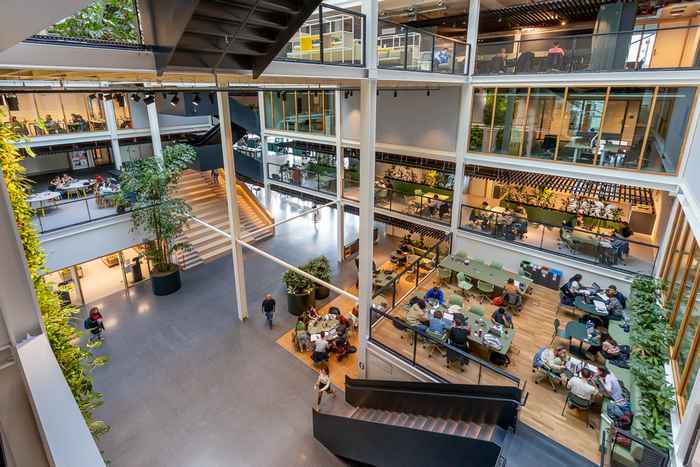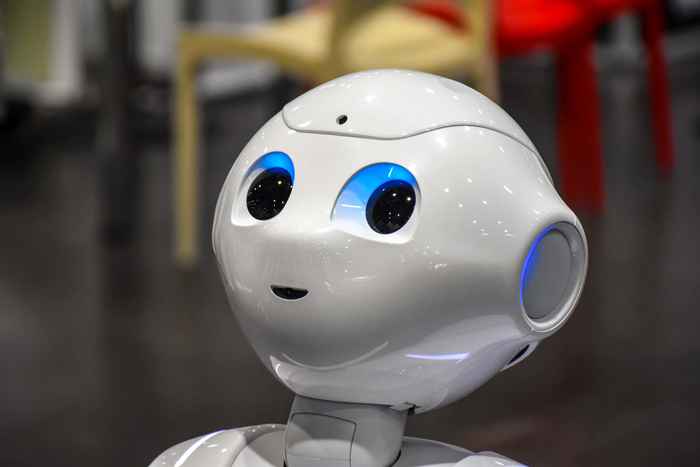People, Science and Technology (PST)
Societal context
Artificial intelligence, autonomous driving, virtual and augmented reality, internet of things, and cloud computing are examples of recently developed digital technologies that are having a deep impact on society.
Obviously, UvA’s Informatics Institute contributes to many of these technologies from the perspective of computer science. However, in order to understand and mitigate the societal impact of these technologies, we also need knowledge and research from the social sciences. In the research theme ‘People, Society and Technology’ we therefore combine insights from computer science with insights from the social sciences and psychology. The research results contribute to the scientific domain of Human-Computer Interaction (HCI) while aiming for concrete impacts on the societal challenges of today and the future.
Take as an example the concept of a smart city, which is the idea that digital technologies and data can be used to improve the overall quality of life for its citizens, enhance sustainability, and optimize urban services and infrastructure. This concept was developed primarily from the potential of technology rather than from, say, urban planning or the sociology of city dwellers. While AI techniques for machine learning are based on classifying groups, in other words the idea of separating things from each other, real cities are typically places where people with different lifestyles can actually mingle and learn from each other.
Within the research theme ‘People, Society and Technology’ we strive to align digital innovation with human dignity, human priority, human flourishing and human values.
Scientific challenges
A major challenge in our research is creating digital technologies that work for everyone, that take into account the diversity of the population, that are accessible to all, and that promote equality and inclusion. As a concrete example we can take the question: how to make generative AI inclusive? Generative AI is trained on huge amounts of data that include all kinds of bias. The concrete challenge then is to ensure that this technology does not reinforce inequality and prejudice against minorities.
A second major challenge is to develop digital technologies in a sustainable manner, ensuring that future generations can enjoy the benefits of technological advances without compromising the environment, Earth’s resources and social well-being.
A third challenge is to keep human autonomy and dignity at the center of the trend toward digitization and automation. Trends such as smart mobility or smart buildings often focus on automating as much as possible without thinking about what people want and need and what really benefits them.
Finally, a fourth major challenge in our research is to integrate ethical considerations and principles into the development of digital technologies from the very beginning. This requires developers to proactively address potential ethical dilemmas and societal implications that may arise due to the use and deployment of their innovations.
IvI research groups associated with the PST theme
as their primary focus are:
as their secondary focus are:
- Complex Cyber Infrastructure (CCI)
- Computational Science Lab (CSL)
- Computer Vision research group (CV)
- Information Retrieval Lab (IRLab)
- INtelligent Data Engineering Lab (INDElab)
- Language Technology Lab (LTL)
- Multimedia Analytics (MultiX)
- Quantitative Healthcare Analysis group (qurAI)
- Theory of Computer Science (TCS)
- Video & Image Sense Lab (VIS)

